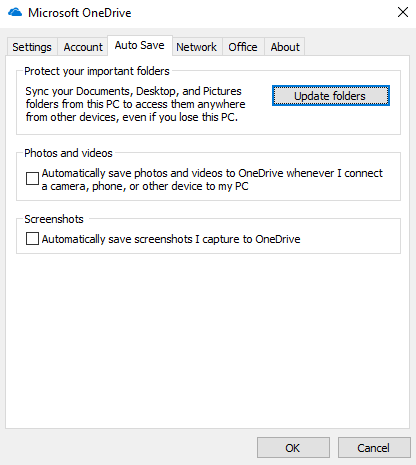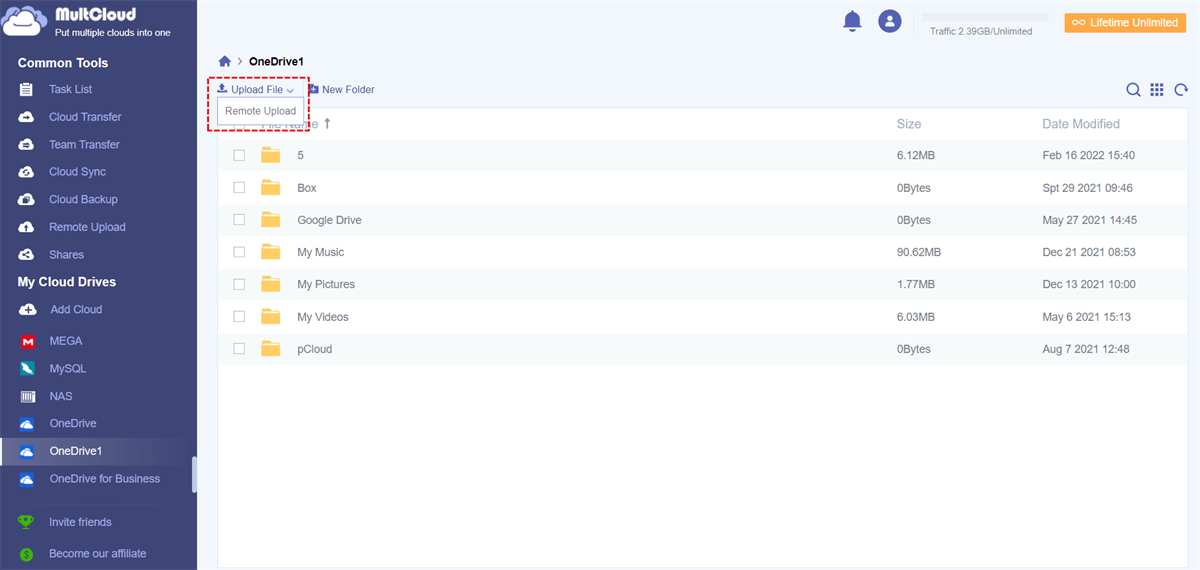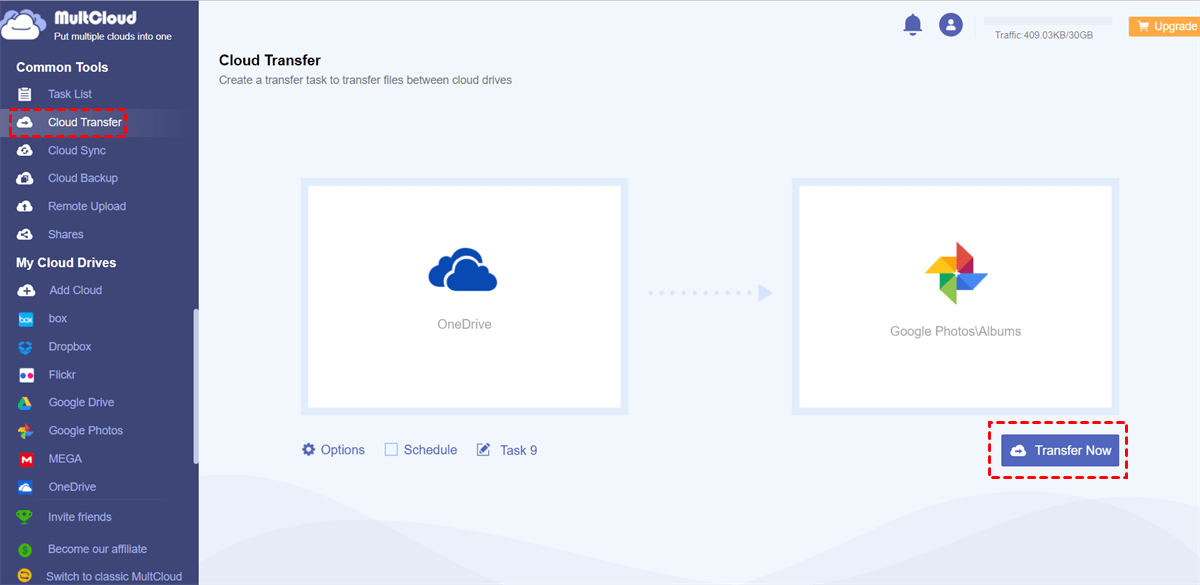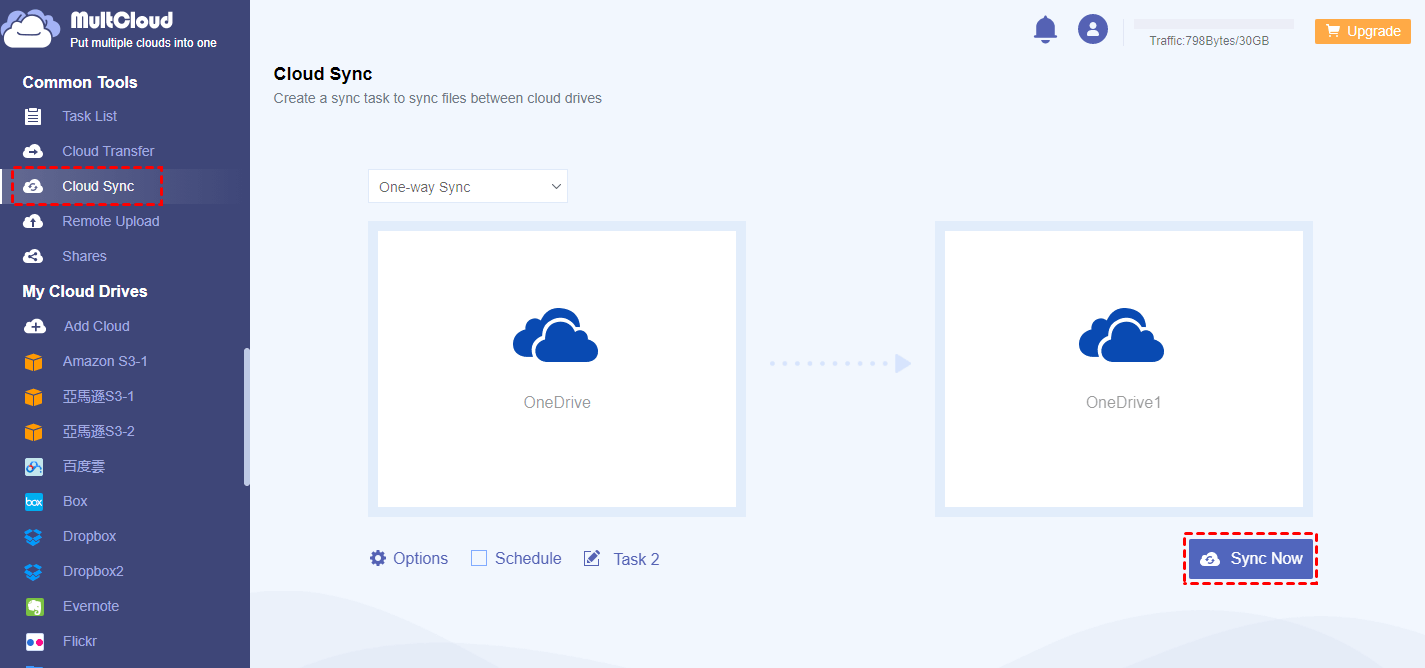Quick Search:
Why Need to Stop OneDrive from Syncing?
No matter which situation you are in, you might need to turn off OneDrive syncing.
- Sometimes, OneDrive keeps syncing your files as cloud backup but with slow speed; it seems never to finish.
- Sometimes, you may choose the wrong items to sync to OneDrive.
- Or, OneDrive has been automatically syncing files that you don’t want to.
[9 Ways] How to Stop OneDrive from Syncing?
The following solutions can be applied to all kinds of devices like desktop, laptops, notebooks, pads, and cellphone. Also, they are suitable for Windows, Linux, Mac, Android as well as iOS. Yet, the following will take personal OneDrive free App in Windows 10 for example.
Tips: The files mentioned below are general referring for files, folders, photos, pictures, images, docs, sheets, excels, videos, etc.
Method 1. Pause OneDrive from Syncing
If you want to temporarily and quickly suspend OneDrive’s work, rely on its Pause feature to do so. Click on its taskbar icon, click "More (three dots)" in the pop-up window, and click "Pause syncing". You can select how long to pause the process, 2 hours, 8 hours or 24 hours.
Notes:
- No matter how long you choose to pause OneDrive, you can resume its syncing anytime you want and it will start working immediately after resuming.
- If the OneDrive icon is not visible, click the "Show hidden icons" button in the notification tray.
Method 2. Quit OneDrive from Syncing
If you want to directly stop OneDrive from syncing, quitting is your choice. Just select "Quit OneDrive" in above pop-up menu. Then, OneDrive will be closed and all running tasks will be stopped.
Method 3. Sign Out/Unlink This PC
Cutting off the connection between this computer and OneDrive is also a way to halt OneDrive from syncing to your PC. Choose "Settings" in the above menu, in the Account tab of the pop-up window, and click "Unlink this PC" and then unlink the account from the PC.
Method 4. Turn Off Automatically Sync a Folder
If you want to prevent OneDrive from auto-syncing photos, videos, screenshots or certain folders like Desktop, Documents or Pictures, just change some settings.
1. In the "Auto Save" tab, uncheck "Automatically save photos and videos to OneDrive whenever I connect a camera, phone, or other device to my PC" and "Automatically save screenshots I capture to OneDrive" to discontinue photo, videos, and screenshot auto sync.
2. Click on "Update folders". Then, click "Stop protecting" under the folder which you want to cancel automatic protection. (If you haven’t protected a folder, there won’t be a "Stop protecting" option under it.)
Method 5. Clear OneDrive Folder
Another way to stop OneDrive from syncing is to get rid of the syncing source. Besides the source files excluded in above Method 4, there is a common source folder – local OneDrive folder. All files in it will be synced to online cloud. Thus, removing the flies that you don’t want to sync out from the OneDrive folder will block them from been syncing. If you don’t want any files go to OneDrive, just clear this OneDrive folder and make it empty.
To find the OneDrive folder, you can look into the left menu in Windows explorer. Or, click OneDrive icon on system tray and click "Open folder" to open it.
Method 6. Disable Network Connection
Indirectly, to stop OneDrive from uploading or downloading, just cut off the network connection of the device. Without the Network connection, none file transfer task could be carried out.
Method 7. Uninstall OneDrive
Or, use the stupid way to uninstall OneDrive to stop it from syncing. Don’t worry, this won’t delete the data on your OneDrive cloud. When the current syncing is disappeared, you can reinstall OneDrive.
Method 8. Hide OneDrive
In some versions of Windows operating systems, OneDrive is built in and can’t be uninstalled. Yet, you can hide it to stop OneDrive from syncing. There are some preparations to do before hiding OneDrive. You should cut off the connection between the online OneDrive cloud and local storage built by the OneDrive App.
1. Open the Microsoft OneDrive settings window.
2. In the default Account tab, click "Choose folders". In the next pop-up window, check and uncheck "Make all files available". (The first check is to make sure all the below items are checked so that the next uncheck will deselect all items.)
3. In Settings tab, uncheck “Let me use OneDrive to fetch any of my files on this PC”.
4. In Auto Save tab, uncheck "Automatically save photos and videos to OneDrive whenever I connect a camera, phone, or other device to my PC" and "Automatically save screenshots I capture to OneDrive". Click the "Update folder" button, in the pop-up window, "Stop protecting" Desktop, Pictures as well as Documents folder.
5. Click "OK" to save changes.
6. Open settings window again, in the "Account" tab, click "Unlink this PC" to cut off the connection between this computer and the OneDrive program. (Close the application window after unlinking.
Next, follow the steps below to hide OneDrive.
1. In Windows File Explorer, right-click on OneDrive and select "Properties".
2. In the pop-up OneDrive Properties window, under the "General" tab, check "Hidden".
3. Click "OK" to save and exit.
Finally, quit OneDrive from its system tray icon to stop OneDrive from syncing.
Method 9. Stop OneDrive from Automatic Startup
Just uncheck "Start OneDrive automatically when I sign in to Windows" in the "Settings" tab.
Bonus Tip: Best Way to Transfer OneDrive to Other Clouds
When you stop OneDrive from syncing, do you need to transfer important data to other cloud drives? MultCloud, a multiple cloud storage manager based on the web page, can help you easily and automatically transfer, sync or backup data between up to 30+ cloud accounts. such as:
Dropbox, Dropbox Business, Google Drive, Google Workspace, Google Photos, iCloud Photos, iCloud Drive, OneDrive, SharePoint Online, OneDrive for Business, MEGA, Flickr, Box, Box for Business, pCloud, Amazon S3, Wasabi, SugarSync, 4shared, Icedrive, Evernote, CloudMe, Cubby, MyDrive, WEB.DE, Yandex, HiDrive, MySQL, Egnyte, Putio, Backblaze, MediaFire, ownCloud, ADrive, Baidu, even NAS, WebDAV, FTP/SFTP, Shared with me and Shared Drive.
Let's see how it works.
Step 1. Create one MultCloud account. And, sign into it
Step 2. Add OneDrive to MultCloud. Then, add other cloud accounts to MultCloud in the same way.
Note: After adding OneDrive account to MultCloud, you can upload files from local drive to OneDrive directly. Or you can also remote upload to OneDrive from URL by using the "Upload File" feature of MultCloud.
Step 3. Click "Cloud Transfer", choose files or folders in OneDrive as source, then select the subdirectories in another cloud account as the destination. Finally, click "Transfer Now".
Note: Moreover, you can sync files directly from one OneDrive to another without downloading and re-uploading by using "Cloud Sync".
Conclusion
If you need to stop OneDrive from syncing while using OneDrive, the 9 methods mentioned in this article can help you do it easily. During the operation, in order to avoid data damage and loss, you can use MultCloud to transfer important data in OneDrive to other cloud accounts in advance.
MultCloud Supports Clouds
-
Google Drive
-
Google Workspace
-
OneDrive
-
OneDrive for Business
-
SharePoint
-
Dropbox
-
Dropbox Business
-
MEGA
-
Google Photos
-
iCloud Photos
-
FTP
-
box
-
box for Business
-
pCloud
-
Baidu
-
Flickr
-
HiDrive
-
Yandex
-
NAS
-
WebDAV
-
MediaFire
-
iCloud Drive
-
WEB.DE
-
Evernote
-
Amazon S3
-
Wasabi
-
ownCloud
-
MySQL
-
Egnyte
-
Putio
-
ADrive
-
SugarSync
-
Backblaze
-
CloudMe
-
MyDrive
-
Cubby














